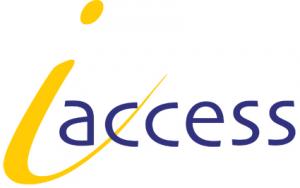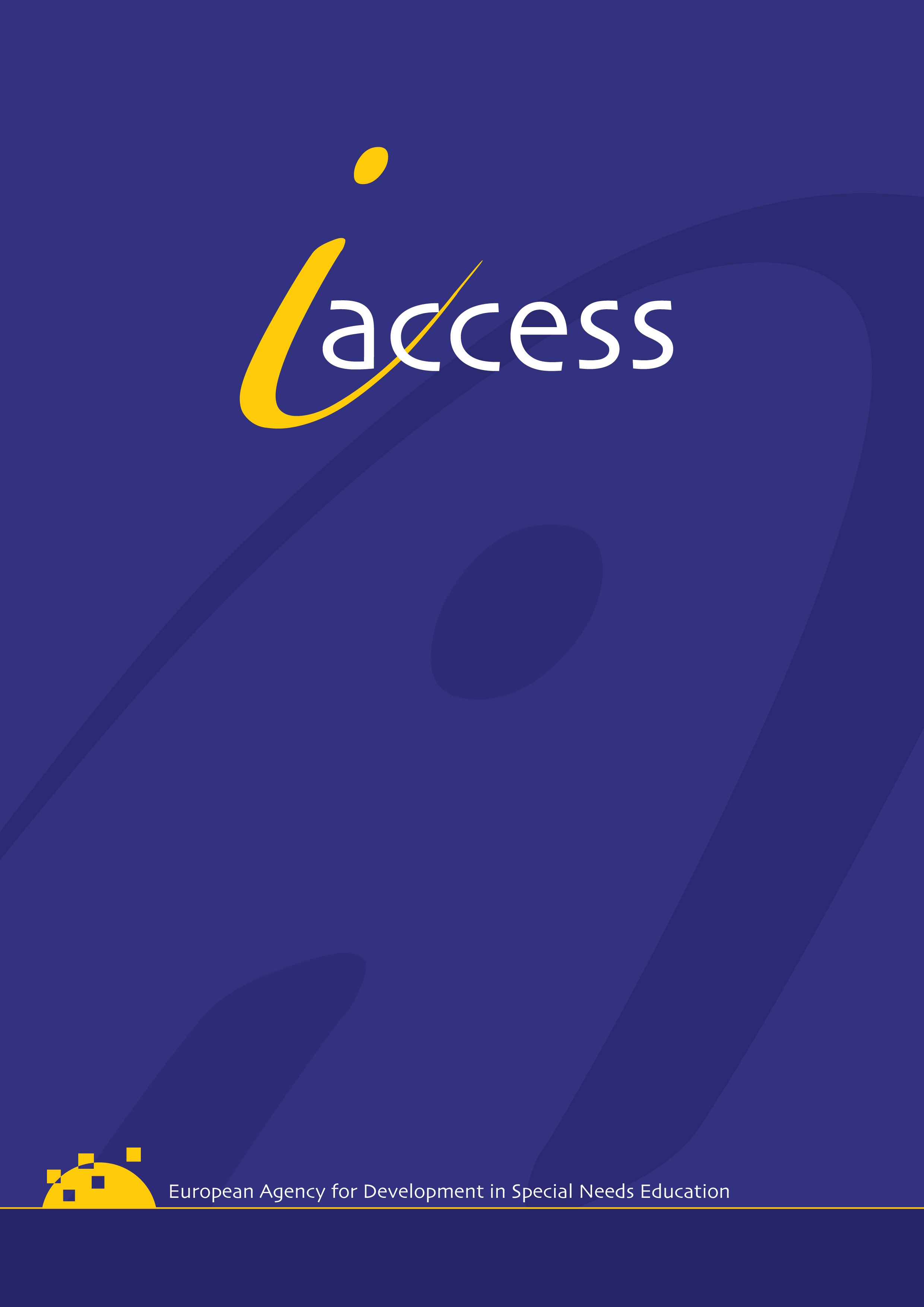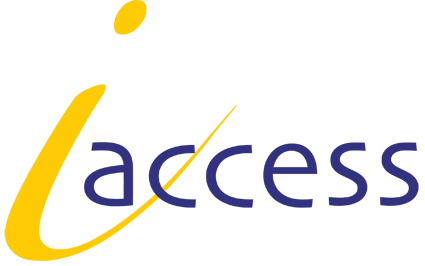Welcome to the Accessible Information Provision for Lifelong Learning (i-access) project area!
Every organisation whose mission is to act as information provider in the field of lifelong learning has a duty to make their information accessible for everyone. The United Nations Convention on the Rights of Persons with Disabilities (2006) emphasises:
- the obligation to ‘provide accessible information to persons with disabilities’ (Art.4);
- the need for ‘the design, development, production and distribution of accessible ICT’ (Art.9);
- the right to education ‘without discrimination and on the basis of equal opportunity’ for persons with disabilities (Art.24).
Information providers within lifelong learning – as is the Agency – need clear guidance on translating policy and standards into practical tasks for implementation, making use of innovative information and communication technology (ICT) solutions in a sustainable way. Often a main barrier for providing accessible information is not the lack of flexible ICT solutions, but a lack of clarity on what policy relating to accessibility implies and the necessary ways forward to implementing accessibility standards effectively within organisational processes.
Project framework
Accessible Information Provision for Lifelong Learning (i-access) is a one-year project which took place between 2011 and 2012. It was co-financed by a European Community Grant under the Lifelong Learning Transversal Programme, Key Activity 1: Policy Co-operation and Innovation.
Aims
The main aims of the project are:
- to use existing European and international policy and standards for information accessibility as a basis for discussing the implications as well as the practical implementation of accessible information provision within lifelong learning, and
- to produce clear recommendations agreed at the European level by key stakeholders for lifelong learning and accessible ICT, aiming to help information providers across Europe to support the provision of accessible information for lifelong learning for all learners who need it.
Project activities and outputs
- an i-access conference held in Copenhagen from 22–24 June 2012, hosted by the Agency and the Danish Ministry of Education, to discuss the implications of accessible information for Lifelong Learning, as well as identifying practical recommendations. A conference report summarises the conference presentations and debates;
- a project report presenting guiding principles and key areas for recommendations, as well as an overview of the information sources collected and analysed throughout the project activities;
- the i-access recommendations for accessible information provision flyer based on the conference agreements (translated into all the Agency languages);
- a collection of useful resources;
- a glossary of terms, which has contributed to the overall Glossary page on the Agency website;
- a dissemination package including a collection of practical examples;
- a collection of national level dissemination examples.


